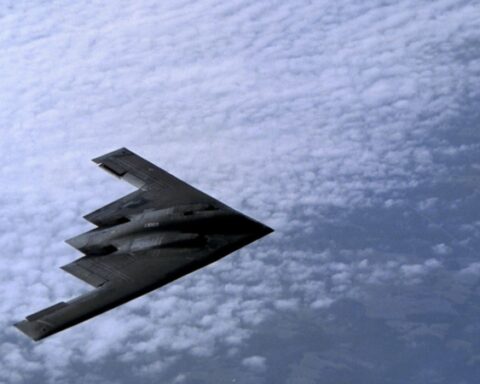Iran has now reportedly suspended its cooperation with the United Nations’ nuclear watchdog, effectively barring international inspectors from accessing key nuclear facilities damaged in recent U.S. and Israeli airstrikes.
The move threatens to further escalate tensions between Tehran and Western powers and throws the future of nuclear diplomacy into uncertainty.
President Masoud Pezeshkian has signed into law a parliamentary measure that halts Iran’s cooperation with the International Atomic Energy Agency (IAEA), state media announced Wednesday.
The law, passed last week, ties any future cooperation to guarantees ensuring the safety of Iran’s nuclear infrastructure and personnel—conditions unlikely to be met in the near term.
The suspension leaves the IAEA unable to assess either the scope of the recent damage or the status of Iran’s substantial stockpile of enriched uranium.
While inspectors remain in the country, they have been unable to carry out their duties since Israeli strikes on June 13 targeted several nuclear sites, including Fordow, Natanz, and Isfahan.
Iran’s foreign minister, Abbas Araghchi, described the damage at Fordow as “very extensive and very serious” in an interview with CBS News. Western intelligence agencies are still analyzing the full extent of the impact, but U.S. officials believe the strikes severely compromised Iran’s capacity to resume enrichment in the near term.
The Fordow facility, a deeply fortified site built into a mountain, was hit with American bunker-buster bombs in the most high-profile assault of the 12-day conflict.
The White House brokered a fragile cease-fire last week, halting hostilities between Israel and Iran after days of exchanges that drew in U.S. military forces.
President Trump has said the United States remains open to renewed negotiations, though Iran has insisted it will not return to the table without a pledge from Washington to refrain from further attacks.
The IAEA acknowledged Iran’s announcement but said it was awaiting formal notification. International leaders have warned Tehran that the decision could imperil any path to diplomacy.
As a signatory to the Non-Proliferation Treaty, Iran is obligated to allow IAEA inspections—a requirement now openly flouted.
Foreign ministers of the G7 issued a joint statement calling on Tehran to immediately restore access.
Israeli officials, meanwhile, urged European nations to reinstate sanctions lifted under the 2015 nuclear agreement, warning that further erosion of oversight could force Iran to withdraw from the treaty altogether—a step only North Korea has taken.
French President Emmanuel Macron and Russian President Vladimir Putin spoke for the first time in three years on Tuesday, underscoring the growing urgency of the crisis.
[READ MORE: New Satellite Images Reveal Disturbing Activity at Iran’s Fordow Nuclear Site]









